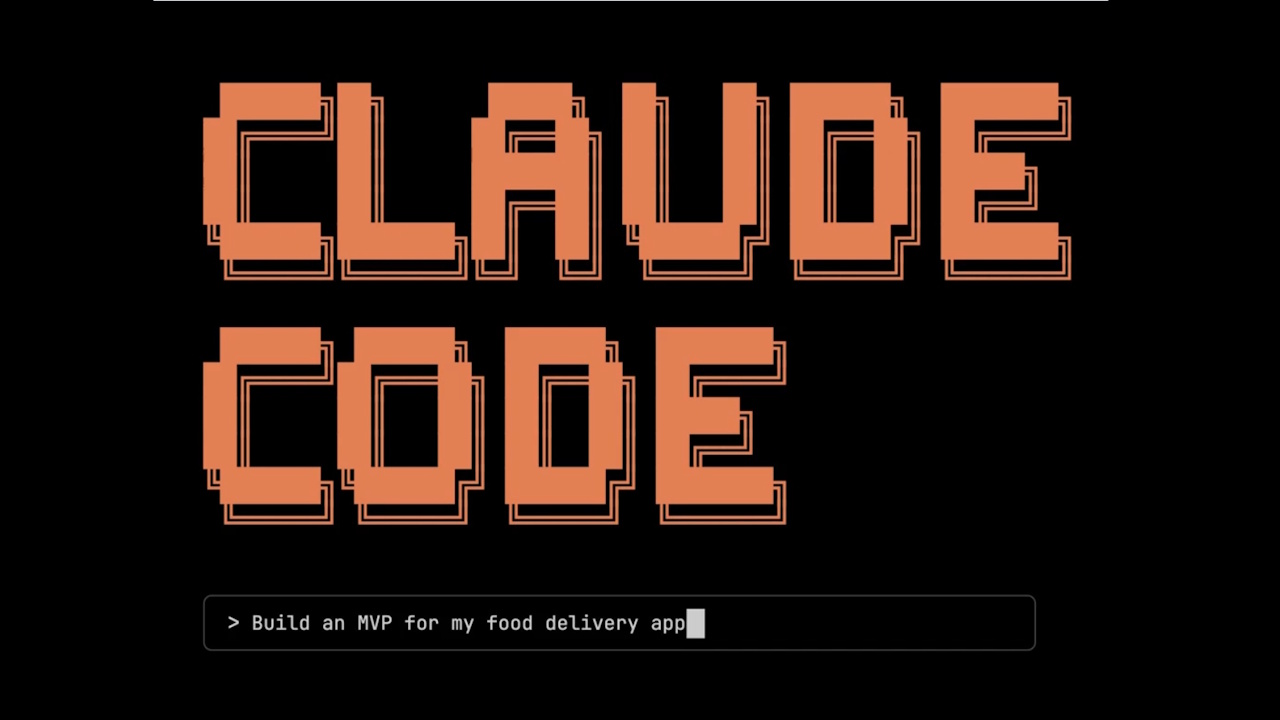July 27, 2025
5 min read
Markus Kasanmascheff
Anthropic launches sub-agents for Claude Code, enabling specialized AI assistants to streamline complex development workflows.
Anthropic Rolls Out Claude Code ‘Sub-Agents’ to Streamline Complex AI Workflows
Anthropic has introduced “sub-agents” for its Claude Code platform, a powerful new feature aimed at organizing complex development workflows. Within the Claude Code environment, developers can now delegate specific tasks such as debugging or API testing to specialized AI assistants. These sub-agents operate with their own independent context and tools, designed to boost productivity by keeping the main conversational thread clean. This feature marks a significant advancement in Anthropic’s efforts to develop more capable AI agents, following the May launch of Claude 4 and recent user frustrations over service limits.A Specialized Team for Your AI Workflow
The core innovation of sub-agents addresses the problem of “context pollution,” where a single AI conversation becomes cluttered with unrelated tasks. By offloading work to specialized assistants, developers preserve the integrity of their main discussion. As software developer Stephane Busso notes, “sub agents in Claude Code represent a fundamental shift from the traditional monolithic AI assistant model. Think of them as specialized team members, each with their own expertise, tools, and dedicated workspace.” This model mimics human expert teams, replacing a single generalist with a roster of specialists. The feature has been rolled out progressively, with early access reported by some Reddit users as of July 5, generating positive buzz.Claude Code Sub Agents
Multiple agents work together to automate entire company workflows
— Chetaslua on Twitter
Under the Hood: How Sub-Agents Are Built and Managed
Creating sub-agents is straightforward. According to Anthropic’s official documentation, sub-agents are configured using simple Markdown files with YAML frontmatter. This allows clear, version-controllable definitions of an agent’s purpose and capabilities. Developers can store these files globally (~/.claude/agents/) or within specific project directories (.claude/agents/), with project-level agents taking precedence. Key configuration fields include the agent’s name, description, and an optional tools list for granular access.
Anthropic recommends starting by describing needs directly to Claude. “We highly recommend generating your initial sub agent with Claude and then iterating on it to make it personally yours. This approach gives you the best results…” This AI-first method lowers barriers, enabling developers to quickly create and refine agents.
From Security Audits to API Testing: Practical Use Cases
Sub-agents have broad and practical applications. For example, a developer could create asecurity-code-reviewer agent knowledgeable about OWASP vulnerabilities to audit authentication modules.
Other examples include an api-test-generator that automatically creates unit and integration tests, or a db-migration-specialist that manages complex schema changes. This modular approach lets teams build and share reusable expert agents that enforce best practices across organizations.
Context Is King: Sub-Agents in Anthropic’s Broader Strategy
Sub-agents are part of Anthropic’s broader strategy to build more powerful, autonomous AI systems. This follows the May 2025 release of a comprehensive developer toolkit and the Claude 4 models, designed for long-duration, agentic tasks. Analyst Holger Mueller of Constellation Research observes, “LLM vendors are working up the stack into the PaaS layer. Anthropic is a great example of this move with its latest release,” indicating Anthropic’s growing competition with cloud and software service providers. Anthropic CEO Dario Amodei stated, “we’re heading to a world where a human developer can manage a fleet of agents, but I think continued human involvement is going to be important for the quality control…” emphasizing the ongoing need for human oversight. The launch comes amid user backlash after Anthropic imposed restrictive usage limits on Claude Code in mid-July. This strategic release aims to rebuild goodwill by delivering a feature that improves workflow efficiency, shifting focus from quantity to quality of interaction. By enabling focused, specialized work, Anthropic provides a powerful tool that underscores its commitment to professional developers while navigating the economic realities of cutting-edge AI. The company itself is a heavy user of Claude Code, lending credibility to this architecture as a battle-tested workflow, as detailed in a recent company blog post.Source: Anthropic Rolls Out Claude Code ‘Sub-Agents’ to Streamline Complex AI Workflows by Markus Kasanmascheff, July 26, 2025

